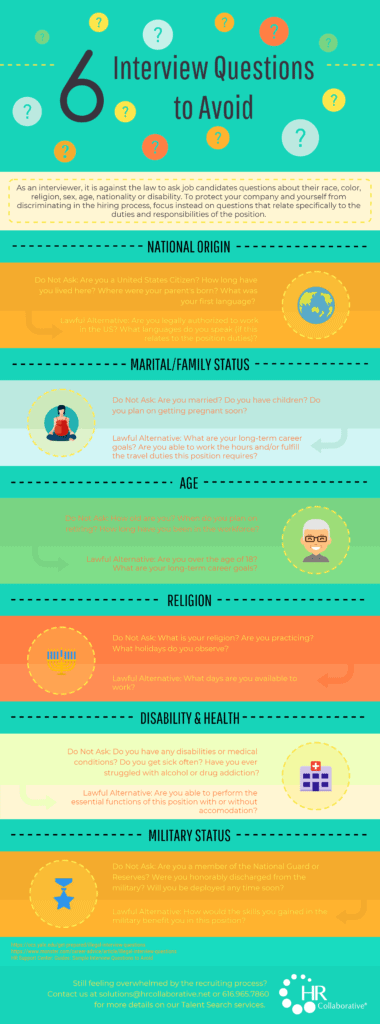How to Develop a Work-From-Home Expense Policy

As organizations settle into the reality of long-term remote arrangements, more and more employees are asking about stipends and reimbursements for work-from-home expenses.
How should employers begin to address this new (and unexpected) category of employee compensation?
Here are five questions to consider as you start developing your new work-from-home expense policy.
Key questions to ask when building your WFH expense policy
The range of remote expense requests can be expansive. Some typical ones include cell phone payments, internet usage, and office supplies. But there can be many others—from ergonomic chairs to noise-canceling headphones.
The questions below can help you build a flexible policy that addresses a number of potential situations and requests.
1. Will you cover remote expenses or not?
This question may seem like a simple one, but it’s easy to overlook.
While we’ve seen many organizations reimburse employees, others consider the reduction in commuting expenses (e.g. gas, car maintenance, tolls, time spent) a one-to-one tradeoff.
When considering whether you’ll cover WFH expenses, a compensation philosophy can guide you in the right direction.
Keep in mind that the Department of Labor mandates employers cannot require employees to bear their business expenses to such a degree that it would reduce the employee’s overall pay below minimum wage.
No matter what you decide, it’s vital you communicate your decision to your employees openly and transparently.
2. What stipends or reimbursements are you already providing?
Reassess any stipends or reimbursements you already have in place.
Before covid-19, a common one was a basic monthly cell phone stipend, with a set dollar limit, for employees using their phone regularly for their job. With many employees at home and using their wifi for calls instead of cell phone data, could that stipend be used to cover internet service instead?
Are there other stipends or reimbursements that don’t make sense right now? For example, travel expenses. Reducing, eliminating, or repurposing them can cover remote costs.
Now is the time to reassess your current expense policy to ensure it aligns with how you’re working today.
3. What do specific positions reasonably require to conduct their work?
Keywords here are “specific” and “reasonably.” Some roles may only need a computer and basic supplies. In contrast, others may require a printer/scanner or other specialized equipment to conduct their work.
Specific roles will have particular needs. So when assessing WFH expenses, you’ll likely need to approach decisions on a job-by-job basis. As you evaluate each case, well-defined job descriptions will be invaluable resources.
A special note on internet reimbursement. Some employees may already pay for a personal internet package that covers their professional needs. But others may need to upgrade their service to meet your organization’s connectivity expectations, especially with increased reliance on video conferencing tools (which are notorious data hogs).
4. How will you handle WFH expenses?
This question is another seemingly simple—but often overlooked—one. In general, we’ve seen employers break potential expenses into three buckets:
- Supplies are purchased and provided by the company. Usually, this includes hardware like extra monitors and laptops or easy-to-distribute small office supplies like notepads, staplers, etc.
- Supplies or expenses are pre-approved by the company, purchased by the employee, and then expensed later—for example, printers and ink, mice and keyboards, and web cameras.
- Supplies or expenses employees incur that the company cannot afford it. Often this can happen with larger, individualized purchases like chairs or standing desks.
Again, the key is to clearly and transparently communicate these decisions in your policy. With so much uncertainty right now, the last thing your staff needs is a surprise expense.
5. Does your WFH expense policy align with your culture and values?
Last, but certainly not least, does this new policy reflect who you are as an organization?
We’ve already mentioned the importance of a compensation philosophy in building this policy.
You should also evaluate it through the lens of your mission, vision, and values. For example, if “Quality” is a core value, does your staff have the tools they need to meet that expectation?
Your WFH expense policy can have a significant impact on your organization’s performance. Make sure it keeps you moving forward in the right direction.
Wrapping Up
There is a lot to consider when building your WFH expense policy. Thinking through the five questions above should get your started.
Our Most Recent Articles

Employers to Benefit from New Kinexus Group Acquisition of HR Collaborative
The team at Kinexus Group announced today that they have officially acquired HR Collaborative, a west Michigan-based, women-led community of fractional HR professionals, to meet unmet demand and to serve more employers than ever before.































































































